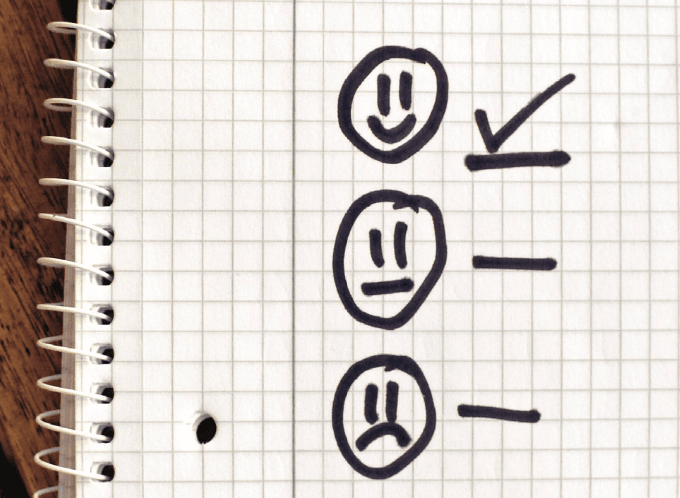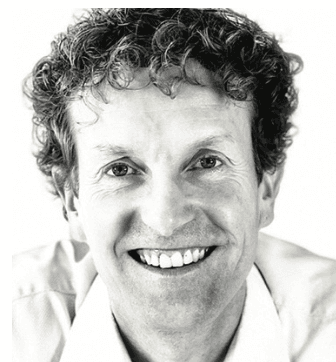By: Mathias Steffan
Source: The Daily Guardian https://epaper.thedailyguardian.com/view/2731/the-daily-guardian/15
Dated: July 19th, 2025

the goal is to remain peaceful and happy
while doing everything.
We all prioritise in one way or another, every day. There are many theories about how to do that, especially those that help people to prioritise tasks that are urgent or important. A few years ago, life was at a slower pace; communication was by handwritten or typewritten letters, phones stayed where they were installed and did not accompany us wherever we went. Information came to us slowly; advertisements were in the cities on hoardings, and we had time to weigh things up. Not today. We are bombarded with information, deadlines are mostly urgent and keep changing, so what to do? If we do not learn how to prioritise, we run the risk of ruining relationships, or living life robotically and, at worst, we develop stress to such an extent that our physical and mental well-being are at risk.
When we consciously set priorities rather than simply responding to the urgent, we feel more alive, especially because in the process we are deciding what is the right thing to give our attention to and we have the power and focus to see it through. The key is clarity, and there are important factors to take into consideration. These can be simplified into an ABCD of prioritising what really matters; that of living a life of staying peaceful, no matter what, and doing what I need to do, in happiness.
A – Attention to the self. Reiterating to the self that the goal is to be peaceful and happy. Keep doing this throughout the day to remind the self that this is the most important thing of all.
B – Behold. When things get really tough and prioritising seems too difficult, we feel how nice it would be to have someone who has a wide overreaching view of the situation, who has a crystal ball, and can simply tell us what to do. However, we all have a crystal ball within. Our crystal ball is our conscience. We all have a sixth sense, that tells us clearly what to do. We do not always heed that, but it is there, and it is possible to enhance it. The key is to practise listening to that sixth sense and make sure that the four saboteurs do not enter; Fear, (of negative feedback), Pressure (from others) Doubts (am I capable, can I do it?) and being out of our Comfort Zone. Any of these can derail the decision we have taken. The most powerful way to wake up the conscience is through meditation, practised daily. The more we do this, the more easily we can access that inner voice at speed. Once we have made the decision then we need the next step.
C – Challenge and Concentration. Let me lighten the task(s) ahead by looking on them as an interesting challenge rather than something formidable. Keep the focus on staying peaceful and carrying out the task in happiness, even if it is not something I find naturally easy. To do this we need trust and patience. We need to trust that life will continue to unfold and everything will be alright. We must have patience in that while we know there are many other things waiting for our attention once this task is over, we focus and stay focussed throughout. There is a useful exercise we can practise to enhance concentration. Just as with physical exercise, we can build strength quite quickly. We can take one minute to focus on one thought, for example, ‘I am peaceful’, ten times a day. Our power of concentration will increase.
The final step, if needed, is:
D – Delegate. We cannot delegate everything, but there will be opportunities to give others a chance to shine, if we let go of the idea that it is only I who can do this.
These are the spiritual tools for prioritising the tasks involved in complex situations.
“The key is not to prioritise what is on your schedule, but to schedule your priorities.” - Stephen Covey

Mathias Steffan is a headmaster, a stress and resilience coach,
and a Brahma Kumaris Rajyoga teacher based in Zurich, Switzerland.



